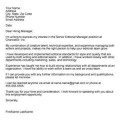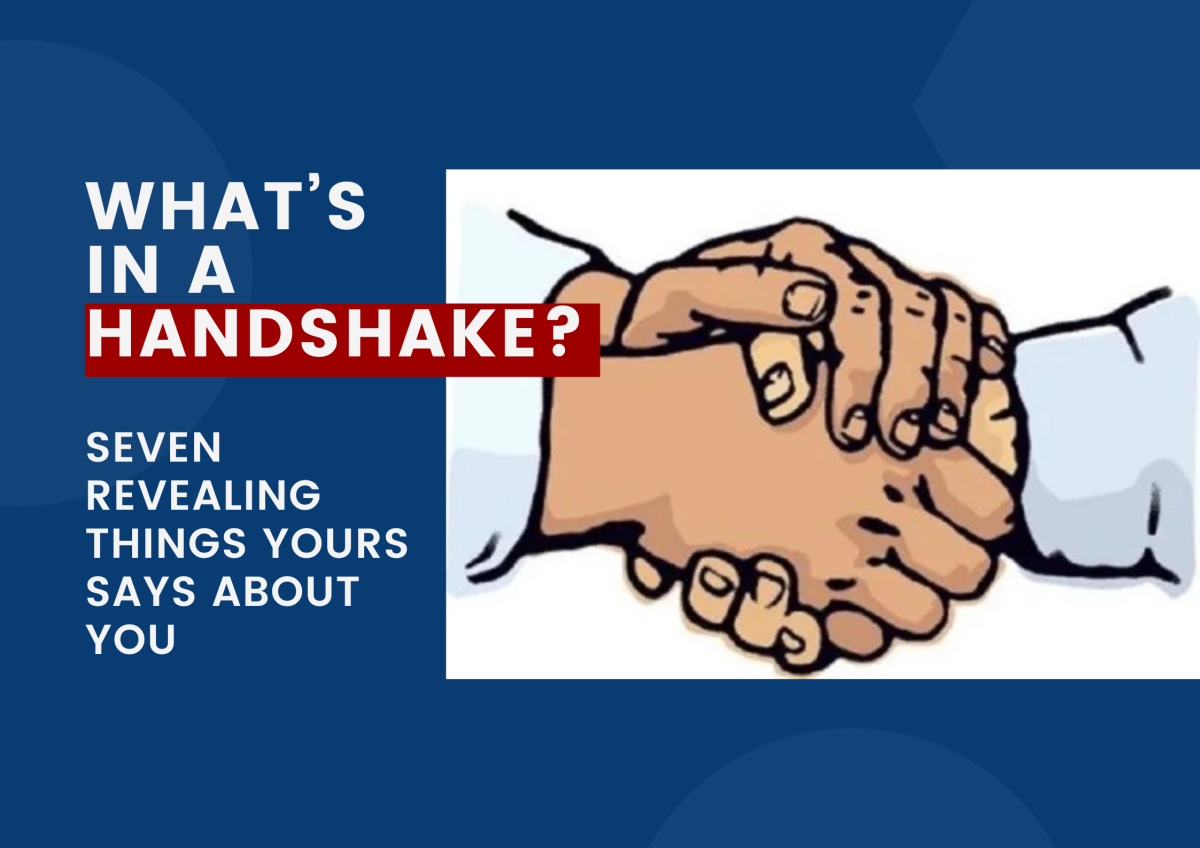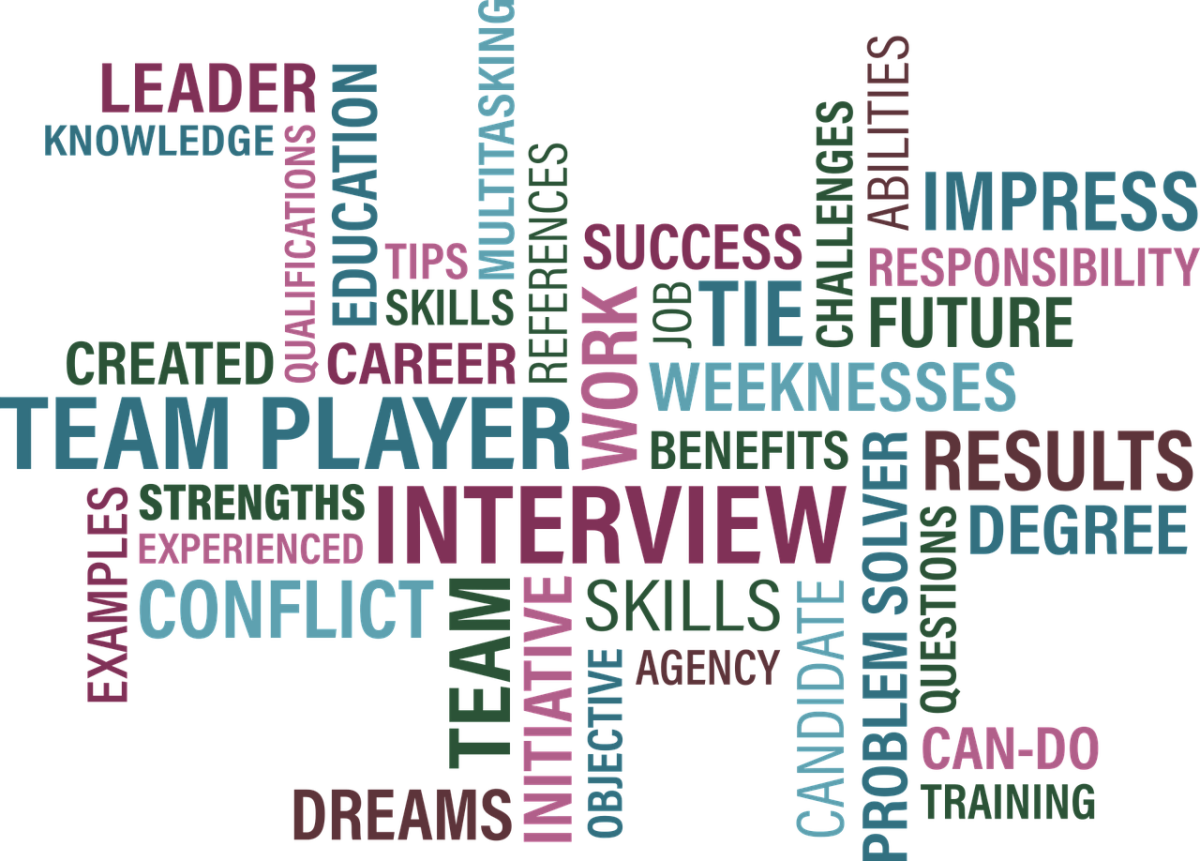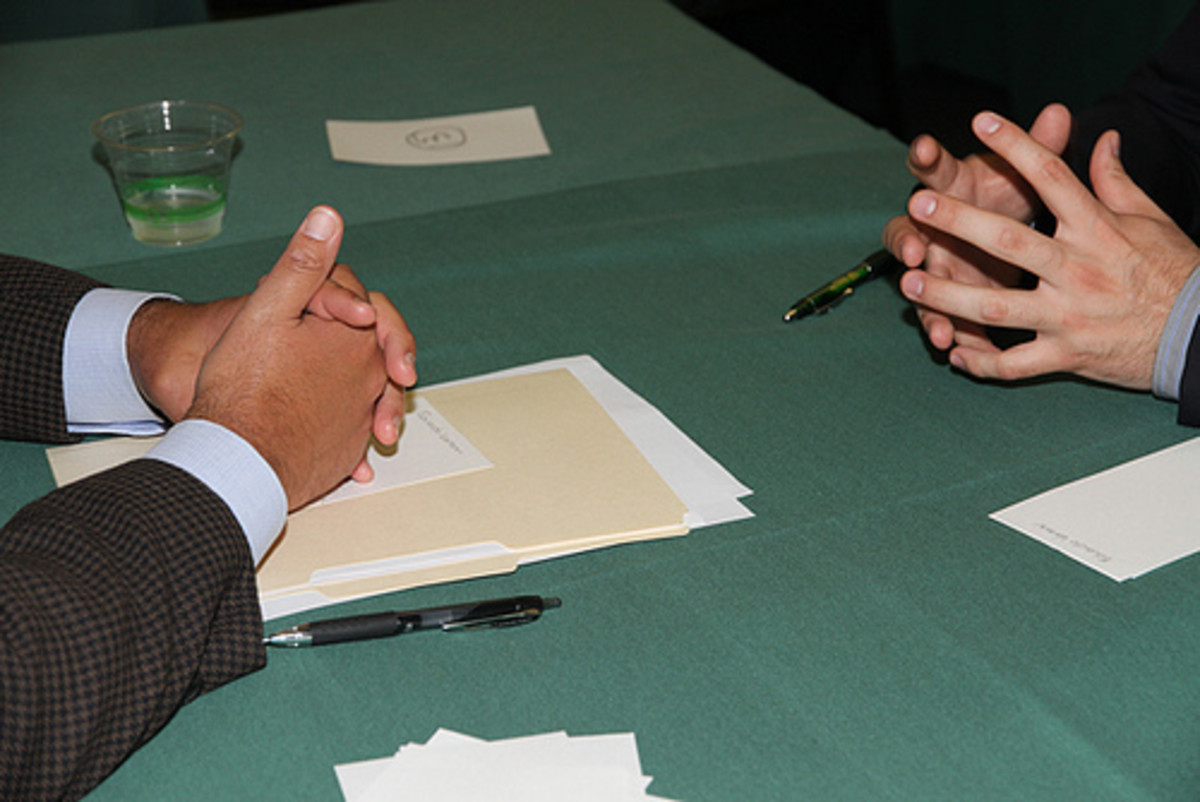- HubPages»
- Business and Employment»
- Employment & Jobs»
- Interviewing for a Job
11 Bits of Advice When Writing a Resume, Applying for a Job, Attending an Interview -Written by an Interviewer
Get That Job!
1. Don’t Assume You are Not Qualified.
You may not possess all the qualities or experiences listed in the help wanted or intership available ad. Even so, don’t assume that you shouldn’t apply for the position. When we write help wanted ads, we list every quality, every experience we could dream up for that position. You won’t get what you never ask for, right? Hence, we list many top of the line attributes and wait to see who comes closest. We never expect all requirements to be filled by the person we hire.
2. Don’t get Writers Block While Writing Your Resume.
Find a way to tell them you are timely, have a short or fast learning curve, enjoy working with others, and are detailed oriented (if you are) or big picture overview oriented (if you are). You are making your first impression and we are looking for these types of attributes. I used to interview prospective programmers/analysts for my company. I always looked for the above mentioned qualities. I needed quick learners, and responsible, dependable folks. The type of people I could teach our company’s processes and protocols.
Look at the ad and figure out which of your attributes matches business’ search. If they need a detail person and you are more of a big picture person, leave that attribute out of the resume or application. Can you make a decision to add something to your resume that will cause you to miss the job? It’s possible. But don’t let that concern keep you frozen. Take a deep breath and keep writing one step at a time. The only mistake you can make is not to apply at all! Chin up and forge ahead!
3. Firm Handshake Whenever Greeting Anyone at the Place of Business
Be sure to give a firm handshake when you speak to anyone at the place of business. A firm handshake in an American business is a standard procedure. It implies that you are strong minded. More importantly, a weak handshake leaves an employer in this society thinking that the applicant is weak, or lacking drive, or ambition. Fit your hand firmly in the other person’s hand, never shake just fingers. Wrap your fingers around the back of the person’s hand with a firm solid grip but don’t grind anyone’s knuckles, especially an older person. Just make your hand tight and strong without gripping over tightly. The other person will feel how hard your hand is and it gains respect that you show strength without causing pain.
4. Know the Company
Research the company before you go for the interview. Google is so easy. Find out a few facts about the company. Even if you don’t use the facts, it will give you a level of confidence readable by the interviewer.
5. Ask a Question
Usually an interviewer will ask if you have any questions. Interviewers love it when you ask a question about the company they represent. Here is the best interview question I’ve ever heard. When asked, “ Do you have any questions?”, the interviewee responded with, “What does success in this job/position look like to you?”. This question will most likely catch the interviewer by surprise and the response will give you keen insight into what will be expected at this job.
6. Follow Up Call
Don't forget a call back in a week if you don't hear from the company. Try to reach your interviewer. Even if the position is filled it might keep you in their minds when another opens.
7. Dress for Success
They only see you between one and three times. Make a great impression. Also, dress for success when picking up applications and dropping them off. Learn names. Smile. You get limited chances to make a lasting impression, make it count.
8. Location: Rarely
I was once interviewed in the manager’s office where the applicants’ chair was against the same wall as the doorway to the office. But the manager’s desk was clear across the room. So I picked up the applicants’ chair and moved it about six feet over to his desk. Shook hands. Settled into my chair. Respectfully never touched his desk. I believe that was a test. He smiled and I was hired later that day.
Location: Big Picture
Take a practice run to the interview location. You do not want to be late on the day! Plan to arrive ten minutes early. If something goes wrong and you will be late, Call!
9. Body Language
Make Eye Contact. While in some cultures it is considered disrespectful, in American business culture it is expected. To not make eye contact leaves an impression of shifty, untrustworthy, unconfident, and uninterested. Smile. You will most likely be working in some sort of team environment. A smile puts people at ease. It gives the interviewer an impression of ease, confidence and the type of person who will not disrupt or make waves in the existing team.
Fidgeting. Don’t fidget with your personal items. Never touch or lean on the interviewer’s desk. That is considered disrespecting his level of authority.
Sit Up Straight. Stand Straight. Don’t slouch. You want to appear ready for action, not ready for sleep!
Arms/Hands. Don’t cross your arms over your chest even if the interviewer does. It is a sign of detachment from the process and you want this job! Don’t touch your hair or face. It is considered a sign of nervousness and can make an interviewer doubt your confidence.
10. Dress
Dress appropriately for working in the environment. Ranch help is not going to an interview in a suit! Dress clean and neat and sharp, no wrinkles, no underdressing. Try to visit or google the company. What do the employees wear? Try to dress in a similar fashion. Err on the side of dressing up, not down. You want to appear at the ready to fit right in with the team. The interviewer will unconsciously start thinking of you in that fashion.
11. Conversation
Personal Information. Do not tell personal stories. Do not lie about anything. Do not talk about how you need this job for financial reasons. That makes the interviewer feel that you are desperate and that you will be gone as soon as your debt is caught up. That leaves the company investing weeks or months in your training only to loose you.
Negativity. Don’t, not even if led there in conversation, speak negatively about any other employer from your past.
Schedule. Need special times off? This is a tricky one. I advise not discussing when you need off during the initial interview unless availability is specifically brought up by the interviewer. But you know your circumstances best. Follow your heart/gut on this one.
Cell Phone. Turn off your cell phone! Don’t answer any calls, phones should be SILENT!
Stuck? If you need time to think of an answer to a question, repeat the question while you think. Don’t say “Wow! Thats a good question”.
BONUS ITEM!
12. Its Always Easier to Get a Job When You Have A Job
Sometimes you need to take what you can get. It may not be your dream job. But it doesn’t have to be your forever job. It is always easier to get a job when you have a job. Why? Your confidence is up. You have a current reference for when your next employer checks your application or resume and for unknown reasons it just works that way. Now Chin Up, Smile, and Go Get that Job!








